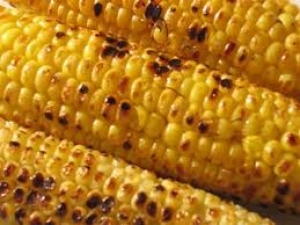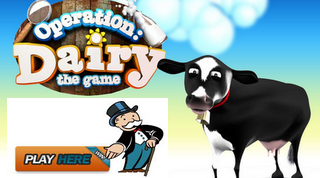World Markets

Although clinical signs are rare, around 90 per cent of cows have been found in surveys to carry the Ostertagia ostertagi stomach worm, the species identified most often in dairy cows, and known to suppress appetite.
Numerous trials have found a yield response to worming treatment, typically in the region of 1kg/cow/day.
At 27p/litre, this would be worth £82/cow over a 305-day lactation, or about £16,500/year in a typical 200-cow herd. Some trials have also identified improvements in reproductive performance although this remains to be proven absolutely.
The bulk milk test indicates herd exposure to Ostertagia and promotes responsible medicine use by predicting the likely milk production response to treatment. When results indicate that worming is justified, Pfizer vet Andrew Montgomery recommends treatment in the late dry period before calving to maximise the gain over the highest yielding, early part of lactation.
The test kit includes detailed instructions and postage-paid packaging for sending samples to the laboratory. Results are notified to farmers by the SQP who initiated the test. The free-of-charge offer is time-limited and available on a first come, first served basis from SQPs at animal medicines suppliers.























